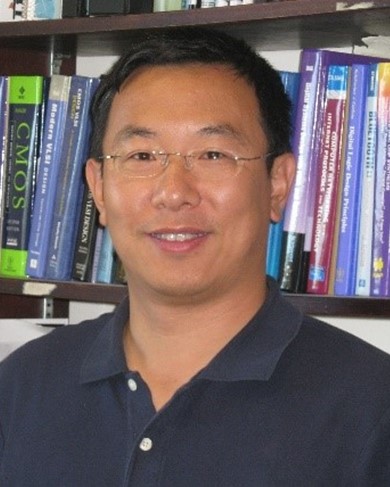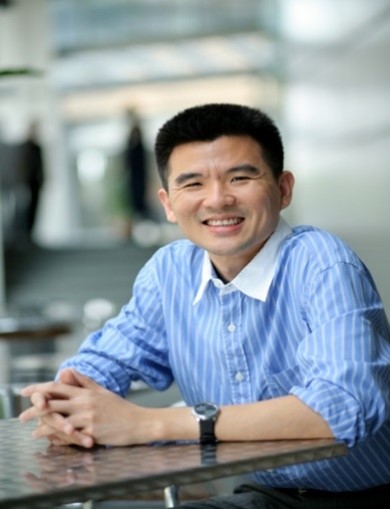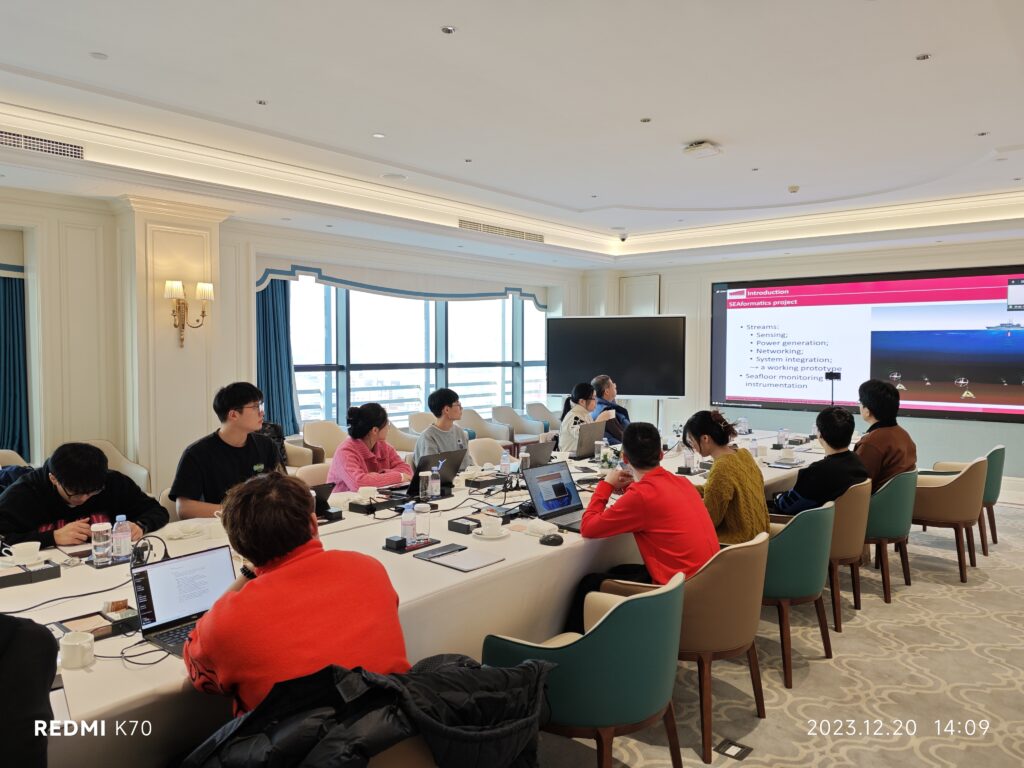IEEE Harbin ComSoc Chapter Academic Activities : Invited Talks by Prof. Cheng Li and Prof. Tony Quek
On December 20th, at the invitation of Prof. Meng Weixiao and Associate Prof. Chen Shuyi from IEEE ComSoc Harbin Section, Prof. Cheng Li, a Head of the Department of Electrical and Computer Engineering of Memorial University and Prof. Tony Quek, a Fellow of IEEE and Fellow of the Academy of Engineering Singapore, gave distinguished lecturer talks online. The detailed information of the lectures are as follows:
Title 1:
Underwater Acoustic Communications and Networking for the Internet of Underwater Things (IoUT)
Date and Time:
13:30-15:00,Dec 20th,2023
Abstract:
The Internet of Underwater Things (IoUT), a new class of the Internet of Things (IoT), has emerged in recent years as a network of smart interconnected underwater objects to create a worldwide network that will digitally link the oceans, rivers, and lakes. There have been a number of research and development initiatives tackling technical challenges of the IoUT. These are still in the early stage of investigation. The most challenging remaining tasks include efficient and reliable communication and networking, energy efficiency, and cost reduction. In this talk, we present an overview of IoUT and its applications with the focuses on the offshore oil and gas industry and marine transportation and fishery industry. We review the challenges faced by the marine monitoring and sensing applications, and introduce underwater communications and networking as the key enabling technologies for the IoUT. We present large-scale array network as the technical solutions for such problems by showing how this can be integrated with the passive network sensing and proactive network sensing approaches. We conclude the talk by reviewing the technical challenges of the underwater communications and networking.
Title 2:
A Look at Federated Learning from Different Perspectives
Date and Time:
15:30-17:00,Dec 20th,2023
Abstract:
Machine learning is playing an increasingly crucial role in the field of wireless communications due to its high efficiency in dealing with complex computations and models. In this talk, we provide a comprehensive coverage of a distributed learning paradigm based on federated learning, including the general architecture, model training algorithm, and analytical framework that quantifies the convergence rate. Specifically, we investigate federated learning from different perspectives, namely, wireless federated learning, over-the-air federated learning, data heterogeneity, and learning efficiency. Furthermore, we share some of our recent works in this area to provide different innovative ways of looking at this federated learning and tackling the inherent challenges of this technology.
Biography:

Cheng Li received his B. Eng. and M. Eng. degrees from Harbin Institute of Technology, Harbin, P. R. China, in 1992 and 1995, respectively, and his Ph.D. degree in Electrical and Computer Engineering from Memorial University, St. John’s, Canada, in 2004. He is currently a Full Professor and Head of the Department of Electrical and Computer Engineering of Memorial University, St. John’s, Canada.
His research interests include wireless communications and networking, communications signal processing, underwater communication and networking, and mobile computing and computer networks. He has contributed 4 book chapters and over 350 research articles, including more than 150 journal publications. He is an IEEE Communications Society Distinguished Lecturer for the 2021-22 term.
He is an associate editor of the IEEE Transactions on Communications, the IEEE Internet-of-Things Journal, and the IEEE Network Magazine. He has served as the General Co-Chair of the ICNC’23, Q2SWinet’20, WINCOM’19, and AICON’19, and the TPC Co-Chair for the ICNC’20, ADHOCNETS’19, ACOSIS’19, WiCON’17, MSWiM’14, WiMob’11 and QBSC’10.
Dr. Li is the recipient of the Dean’s Award for Research Excellence at Memorial University in 2021, the recipient of the Technical Achievement Award of the IEEE Communications Society Communications Software Technical Committee in 2018, and the recipient of several Best Paper Awards at international conferences, including the IEEE Globecom’2017 and ICC’2010. He is a registered Professional Engineer (P.Eng.) in Canada and is a Senior Member of the IEEE and a member of the IEEE Communication Society, Computer Society, Vehicular Technology Society, and Ocean Engineering Society.

Tony Q.S. Quek received the B.E. and M.E. degrees in Electrical and Electronics Engineering from Tokyo Institute of Technology, respectively. At Massachusetts Institute of Technology, he earned the Ph.D. in Electrical Engineering and Computer Science. Currently, he is the Cheng Tsang Man Chair Professor with Singapore University of Technology and Design (SUTD) and ST Engineering Distinguished Professor. He also serves as the Head of ISTD Pillar, Director for Future Communications R&D Programme, Sector Lead for SUTD AI Program, and the Deputy Director of SUTD-ZJU IDEA. His current research topics include wireless communications and networking, 6G, network intelligence, non-terrestrial networks, and open radio access network.
Dr. Quek has been actively involved in organizing and chairing sessions and has served as a TPC member in numerous international conferences. He is currently serving as an Area Editor for the IEEE Transactions on Wireless Communications. He was an Executive Editorial Committee Member of the IEEE Transactions on Wireless Communications, an Editor of the IEEE Transactions on Communications, and an Editor of the IEEE Wireless Communications Letters.
Dr. Quek received the 2008 Philip Yeo Prize for Outstanding Achievement in Research, the 2012 IEEE William R. Bennett Prize, the 2016 IEEE Signal Processing Society Young Author Best Paper Award, the 2017 CTTC Early Achievement Award, the 2017 IEEE ComSoc AP Outstanding Paper Award, the 2020 IEEE Communications Society Young Author Best Paper Award, the 2020 IEEE Stephen O. Rice Prize, the 2020 Nokia Visiting Professorship, and the the 2022 IEEE Signal Processing Society Best Paper Award. He is a Fellow of IEEE and a Fellow of the Academy of Engineering Singapore.
Photos of the meeting:



